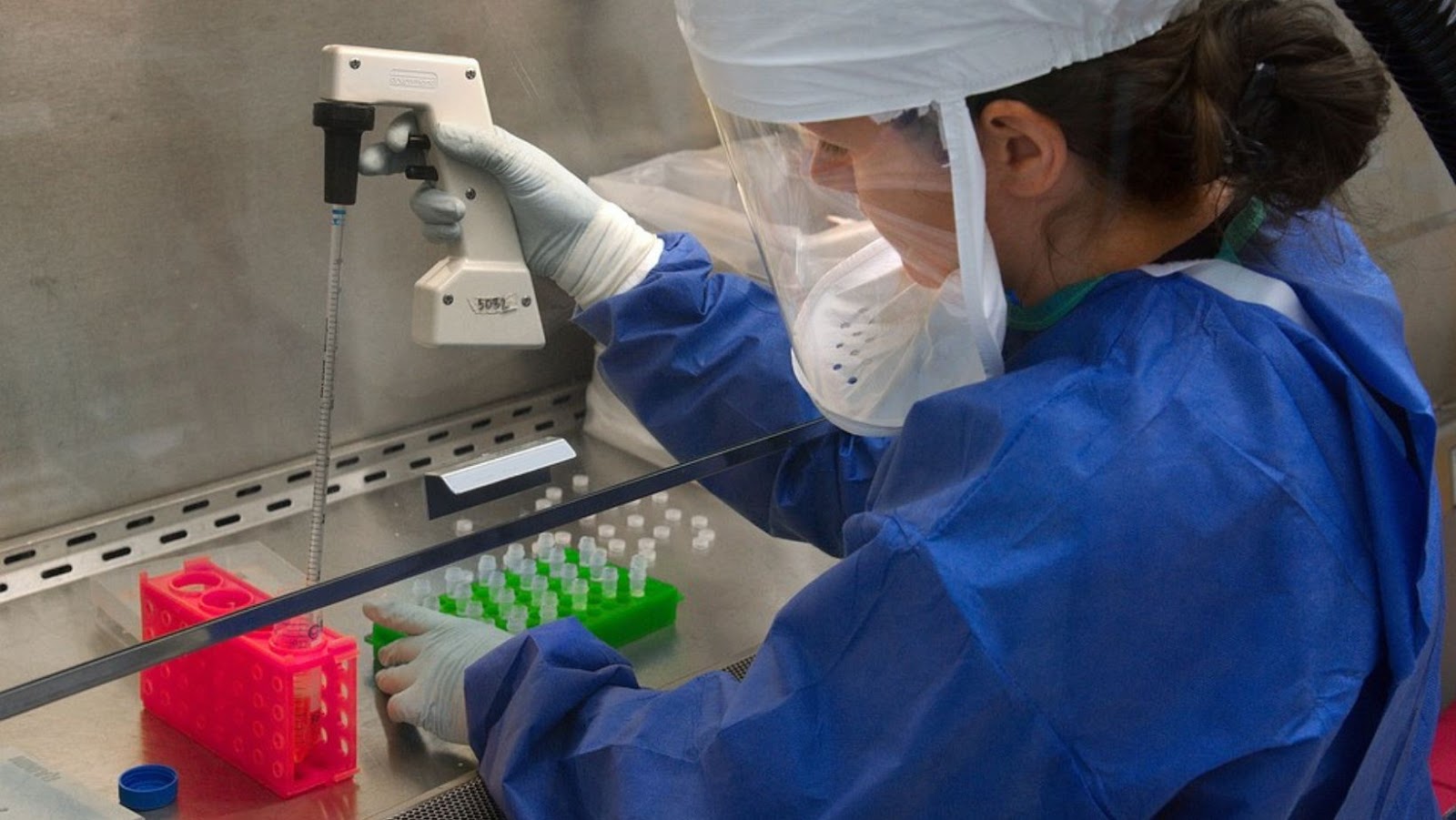
Those interested in making a difference in the world may choose to consider a career in public health. As a large and multifaceted discipline, it provides ambitious individuals with many avenues for professional development, including in areas like epidemiology, health education, and healthcare management. In addition, professionals in public health are at the forefront of the fight to keep communities safe in the face of rising populations, developing technologies, and complex social issues. Professionals in the field of public health have many career options, including but not limited to: research scientists, social workers, and educators. Jobs in public health are in high demand, and in this article, we’ll go over some of the best options available to you, along with the responsibilities and average salaries for each.
1. Emergency Management Specialist
The field of emergency management, also called disaster management, aims to coordinate, employ, and sustain the personnel and assets available to deal with catastrophes. This profession plays a crucial role in both preventing and recovering from disasters. Specialists in disaster management prepare relief efforts for natural disasters, home invasions, hostage disputes, terrorism attacks, and complex calamities brought on by political unrest, war, and poverty. Getting an MPH disaster management concentrated degree can equip you with the skills to better respond to catastrophes and manage the effects of disasters on human health. You can work with several disciplines as a team, including emergency services, humanitarian organizations and societies, disaster response organizations, NGOs, government agencies, the military, and vice versa.
2. Healthcare Consultant
A healthcare consultant’s typical areas of concentration are work atmosphere, procedural flow, financial processes, and legal compliance. A healthcare facility or organization hires consultants to assist them in becoming more financially and operationally effective. Healthcare consultants use their analytical skills to find weaknesses in the facility’s systems or practices and maximize their capacity to provide patients with affordable and quick, high-quality care. A position as a healthcare consultant offers a fair deal of flexibility and the potential for personal fulfillment from working in the medical industry. You can opt for self-employment, which allows you to pick your schedule and location. You can choose your hours and take whatever contracts interest you the most when you work for yourself. A healthcare consultant makes $80,358 on average yearly.
3. Epidemiologist
Epidemiologists study the occurrence, distribution, and potential prevention of diseases, disorders, and other aspects of health. Choosing this career means you’d have to operate in a laboratory under controlled circumstances and only go into the field to investigate the disease-causing organisms firsthand. Epidemiologists look at the trends and reasons behind illnesses, accidents, and ailments in society and advise authorities on control measures if a disease or epidemic breaks out. Your job settings might be in governments, the business industry with medical insurance or pharmaceutical corporations, or non-profit groups.
4. Occupational Health and Safety Specialist
An occupational health and safety specialist examines and gathers information on work conditions and practices to guarantee employee safety. They check workplaces for dangers such as worn-out and defective machinery, shaky scaffolding, and potential slip-and-fall risks. If an accident occurs at work, it may be necessary to contact an occupational health and safety specialist to determine its cause and describe the occurrence in great detail in a report. As your career develops, you ought to get more adept at identifying problems at work, interacting with staff, and offering training. In this career, most job settings include offices, warehouses, factories, and schools, with a median salary of $76,400.

5. Public Health Nurse
Public health nurses play a crucial part in illness prevention and support the promotion of community health and safety, making up the largest professional group in the field of public health. Instead of sitting around waiting for patients to come to them, public health nurses get involved in their neighborhoods to promote population health. They provide precise and practical advice about how people can safeguard their health. As a nurse, you collaborate with elder centers, community organizations, and schools to spread awareness about significant health issues and different safety procedures and encourage individuals to get checked for or immunized against diseases. An average public health nurse makes $75,330 yearly, which might differ depending on the firm, location, experience, and benefits.
You can attain such qualifications and begin your career as a nurse by completing an ABSN (accelerated Bachelor of Science in Nursing). The right qualifications are all it takes to help you step forward into your dream healthcare role.
6. Biostatistician
A career in Biostatistics means your work comprises collecting and evaluating data for usage in biology and public health. This can be a suitable option if you’re a data-driven person interested in a career in medicine or health but do not want to be a doctor or a nurse. You would examine data as a highly skilled and educated biostatistician to identify elements that affect the health and general well-being of people, animals, and the environment. The development of groundbreaking research in medicine, agriculture, and public health, depends on biostatisticians, who make an average of $77,667 annually.

7. Health Commissioner
As a health commissioner, you are in charge of managing and overseeing each department within the organization. Your job includes ensuring that a public health department operates efficiently and without errors. Health commissioners typically spend their time creating and implementing new public health processes. The job also includes implementing interdisciplinary tactics across various public health departments or staff members, such as those in environmental health research and public health communications. Additionally, you can organize team-building activities with public health departments or various public health practitioners. These public health professionals have commercial, public, and academic health settings to pick from. If you are looking for a well-paying and fulfilling job that directly impacts the public health of a population, you can work as a health commissioner in a public health setting.
Conclusion
So these are some promising job roles if you want to pursue a career in public health. Protecting the health of entire populations is the goal of public health regardless of the different career pathways. Every career has its importance, from epidemiology to biostatistician, and public health would be incomplete without any of them.























